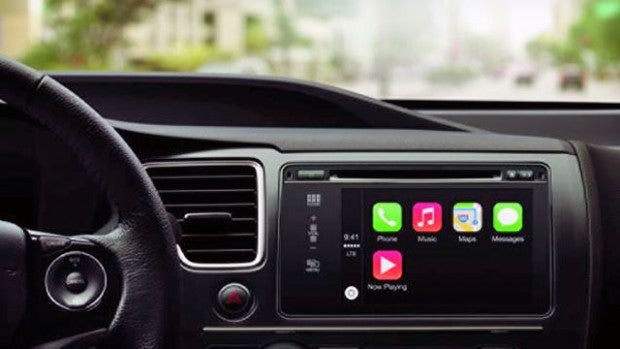Maybe Apple’s self-driving car project isn’t a write-off after all?

Months after the firm was thought to have cooled its ‘Project Titan’ automotive ambitions, Apple has received a permit to test autonomous vehicles on California roads.
The Department of Motor Vehicles in the company’s home state confirmed on Friday the permit had been issued (via Reuters).
Apple joins the likes of Google, Ford, Tesla, Faraday Future, BMW, Mercedes and GM among the 30 firms who also have permits to go driverless in the Bear Republic.
Related: Project Titan – The ultimate guide
It is also required to submit annual reports “summerising the disengagements,” which means Apple has to disclose when a human takes over from the automated computer.
What this says about Apple’s future in the sector remains to be seen.
It remains far from a certainty that Apple will bring the much-vaunted iCar to consumers and it’s probably still a long shot.
However, the company is continuing to explore many areas where automation is the key component.
In November last year, Apple’s director of product integrity told the National Highway Traffic Safety Administration in a letter: “The company is investing heavily in the study of machine learning and automation, and is excited about the potential of automated systems in many areas, including transportation.”
What happens next remains to be seen.
Do you think Apple will eventually branch out into the auto industry or does this remain an exploratory venture into machine learning that benefits other areas of focus?


